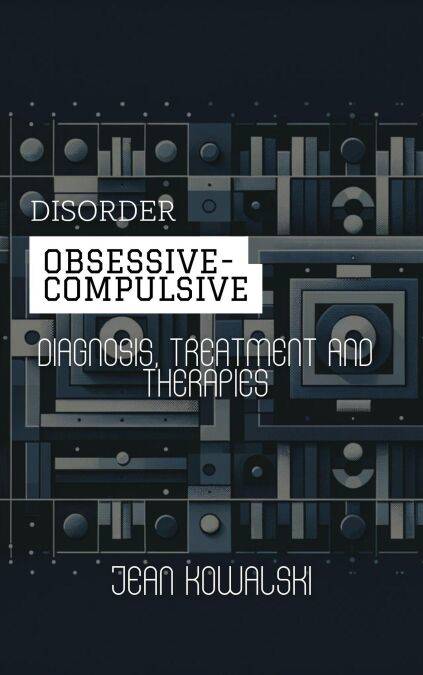
- Retrait gratuit dans votre magasin Club
- 7.000.000 titres dans notre catalogue
- Payer en toute sécurité
- Toujours un magasin près de chez vous
- Retrait gratuit dans votre magasin Club
- 7.000.000 titres dans notre catalogue
- Payer en toute sécurité
- Toujours un magasin près de chez vous
Obsessive-Compulsive Disorder: Diagnosis, Treatment and Therapies EBOOK
Mental Disorders: A Series on Psychological Conditions
Jean KowalskiDescription
The Obsessive-Compulsive Disorder (OCD) is one of the most debilitating mental disorders, affecting millions of people worldwide. This book offers a comprehensive and updated analysis of OCD, covering everything from its neurobiological and psychological foundations to the most recent treatment strategies. Aimed at mental health professionals, researchers, students, and anyone interested in better understanding OCD, this work compiles decades of research and clinical practice into a single volume.
Divided into chapters that discuss essential themes such as OCD pathophysiology, neurotransmitters (including serotonin and dopamine), genetics, cognitive-behavioral models, and psychodynamic approaches, the book provides a balanced view between theory and practice. It also details effective therapeutic interventions, including Cognitive Behavioral Therapy (CBT), exposure and response prevention (ERP), and pharmacotherapy with Selective Serotonin Reuptake Inhibitors (SSRIs).
Readers will also find chapters dedicated to the diagnosis of OCD, with detailed descriptions of standardized tools such as the Y-BOCS, as well as discussions on clinical subtypes, such as pure OCD and childhood OCD. The book further addresses long-term management, emphasizing relapse prevention and the crucial role of family and social support.
Exploring the latest advancements in neuroimaging, neuromodulation, and genetics, this work is essential for those seeking to understand the latest trends in scientific research on OCD and its practical applications. With examples of real clinical cases, the book illustrates the challenges and successes in treating patients with OCD, promoting a practical and evidence-based approach.
Spécifications
Parties prenantes
- Auteur(s) :
- Editeur:
Contenu
- Langue:
- Anglais
- Collection :
Caractéristiques
- EAN:
- 9798227979124
- Date de parution :
- 01-11-24
- Format:
- Ebook
- Protection digitale:
- /
- Format numérique:
- ePub







